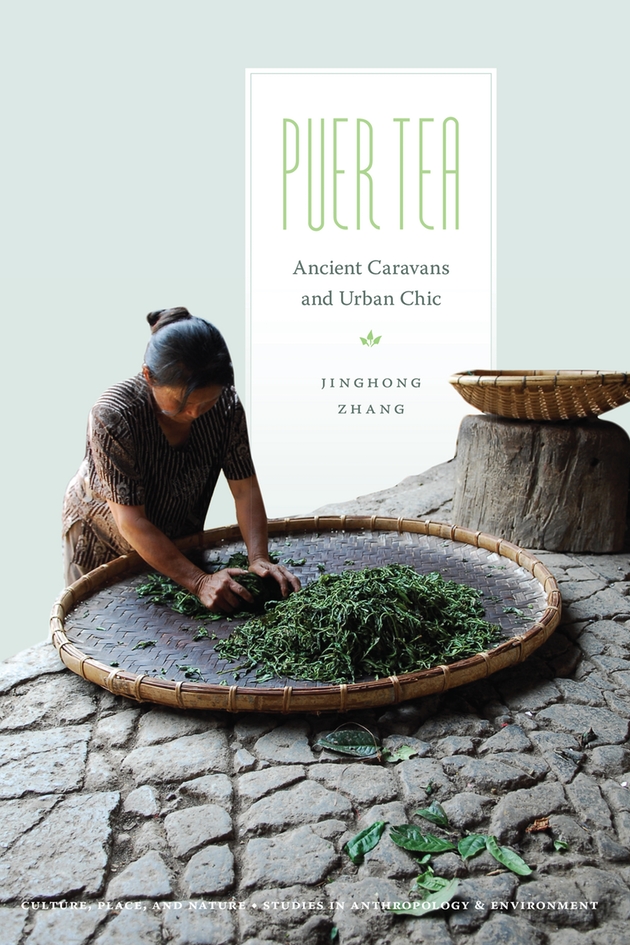|
English Summary/英文概要: Puer tea has been grown for centuries in the "Six Great Tea Mountains" of Yunnan Province, and in imperial China it was a prized commodity, traded to Tibet by horse or mule caravan via the so-called Tea Horse Road and presented as tribute to the emperor in Beijing. In the 1990s, as the tea’s noble lineage and unique process of aging and fermentation were rediscovered, it achieved cult status both in China and internationally. The tea became a favorite among urban connoisseurs who analyzed it in language comparable to that used in wine appreciation and paid skyrocketing prices. In 2007, however, local events and the international economic crisis caused the Puer market to collapse.
Puer Tea traces the rise, climax, and crash of this phenomenon. With ethnographic attention to the spaces in which Puer tea is harvested, processed, traded, and consumed, anthropologist Jinghong Zhang constructs a vivid account of the transformation of a cottage handicraft into a major industry―with predictable risks and unexpected consequences.
Awards/获奖情况: "An admirably coherent analysis of the complex social relationships that shaped the Pu’er market. . . . and a fine addition to the literature on the cultural biographies of commodities. . . . Recommended for the teaching of political economy, cultural economy, Chinese social transformation, and regional development studies."―China Quarterly
"A wealth of valuable information, both historical and anecdotal.should be mandatory reading for anyone interested in the subject of Puer tea."―Two Dog Tea Blog
"This fine book has so much to tell us about the political economy of Puer tea over different periods of time and with links to Hong Kong, Taiwan and beyond[I]nformative and well-written."―Tan Chee Beng, Australian Journal of Anthropology
"This is an engrossing study of the Puer tea industry and the many cultural spheres that surround it. It will be of keen interest to the Western tea trade as well as its historians, connoisseurs, and enthusiasts. Tea publications rarely, if ever, discuss the complex relationships that quite literally bring tea to the table and never is the anatomy of tea dissected in such a wide ranging, thorough, and engaging way."―Steven D. Owyoung, cotranslator of Korean Tea Classics
|

